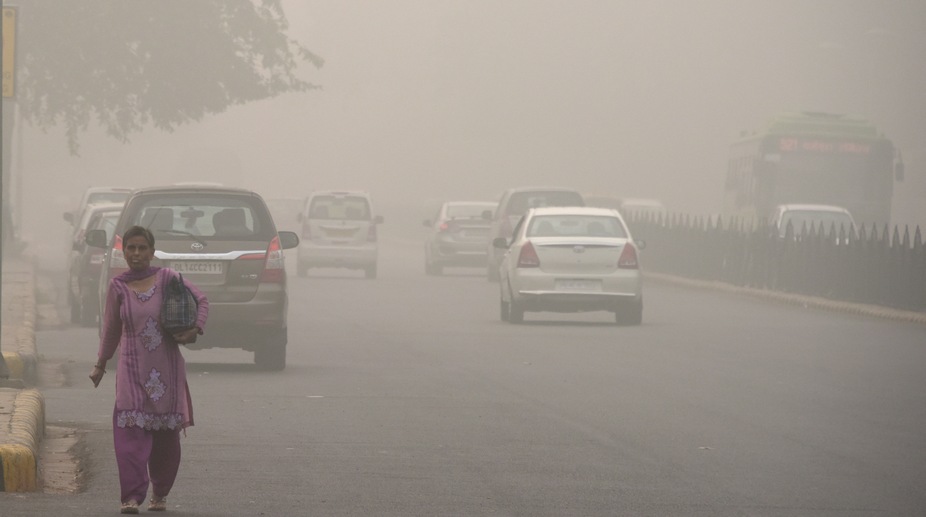After pollution levels in Delhi reached ‘severe’ level, Delhi Transport Minister Kailash Gehlot on Thursday announced the implementation of third phase of odd-even car scheme from 13-17 November, to counter rising pollution levels in the capital.
Here are some salient points of the odd-even scheme
Advertisement
The odd-even scheme was first implemented by the Arvind Kejriwal-led Aam Aadmi Party (AAP) government on 1 January, 2016 as an anti-pollution measure for the first time in India’s history.
In 2016, Delhi government implemented the second phase of odd even car rationing policy from 15 April to 30 April.
What is odd-even scheme
Under the odd-even scheme, vehicles are allowed to ply across the city based on the last digit of their registration plates. Private cars registration plates ending with odd number were allowed to ply on odd dates and those ending with even numbers on even dates.
The restrictions were applicable from 8 am to 8 pm. The penalty for violating the norm was Rs. 2,000 in accordance with the provisions of sub-section (1) of section 194 of Motor Vehicles Act, 1988.
Origins of odd-even scheme
This odd-even system was first executed in Beijing in 2008 just before the summer Olympics. The rule was initially temporary, but after its success the government made it a permanent policy.
Similar road-rationing rules are imposed in many places around the world like Paris, Mexico and Bogota to curb road jams and pollution.
Why is it being enforced
In 2015, Delhi High Court had directed the centre and state governments to come up with comprehensive action plan to put a check on city’s “alarming” pollution rate. Delhi chief Minister Arvind Kejriwal-led Aam Aadmi Party (AAP) government implemented the scheme to bring down the city’s air pollution levels.
Exemptions in the odd-even scheme
School children in uniform will be exempted from the scheme. Arvind Kejriwal-led govt had exempted women from the odd-even rule in its first phase, which was continued in the second phase.
Odd-even rule are not applicable on emergency vehicles like PCR vans, fire tenders and ambulances, and on public transports like CNG-driven buses, taxis and auto-rickshaws.
Odd-even rule is only applicable on private-owned four wheelers.











